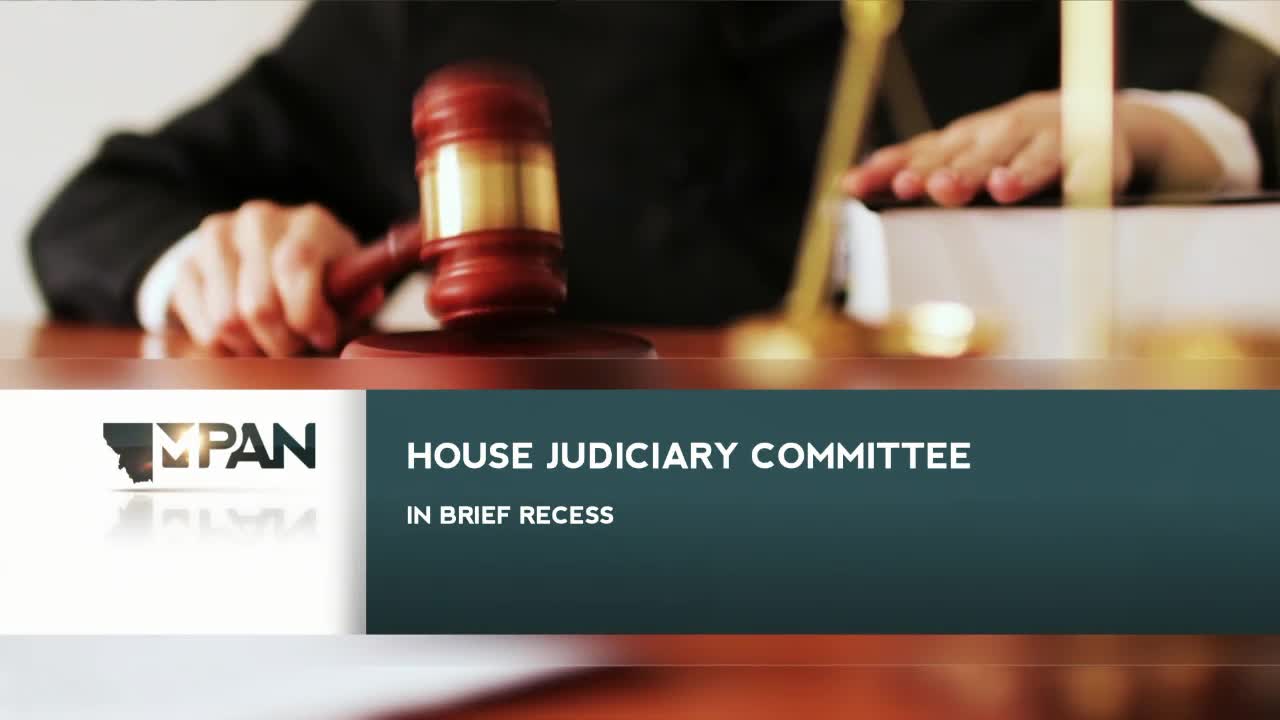Committee hears bills to extend malpractice and insurance coverage windows for minors harmed by gender-transition care
Get AI-powered insights, summaries, and transcripts
Subscribe
Summary
House Bill 682 would extend statutes of limitation and require insurer reciprocity for detransition care after minors receive gender-transition treatments; the bill drew detailed testimony from detransitioners, clinicians and medical associations.
Representative Greg Komets introduced House Bill 682 as a measure to provide civil remedies and insurance reciprocity for minors who later claim harm from gender-transition medical care. "Detransitioners are real. They do exist, and they deserve protection and empowerment to help undo some of the damage done to them by health practitioners," Komets said in opening remarks.
Proponents included detransitioners who described personal medical harms after hormones and surgeries and urged availability of reconstruction care and longer civil windows to sue for malpractice. Elle Palmer, who said she began testosterone at 16 and detransitioned at 19, testified that she received limited clinical guidance and later experienced lasting effects. Other witnesses included clinicians and leaders of detransitioner networks describing difficulty obtaining insurance coverage for reconstructive or reversal services.
Supporters urged civil recourse: Derek Streicher of the Montana Family Foundation described the bill as providing accountability and strict liability for irreversible interventions done to minors. Proponents argued that minors cannot reliably consent to life-altering interventions because the adolescent brain is still developing.
Opponents included medical associations and providers. The Montana Hospital Association opposed the bill, arguing it would restrict clinicians and undermine the standard of care and that a 25‑year period to sue far exceeds ordinary malpractice statutes. Planned Parenthood Advocates of Montana and other opponents said current medical standards and informed-consent processes govern care and warned that extended civil exposure could deter providers from practicing in Montana. Several clinicians and family-law practitioners also questioned the policy tradeoffs.
Committee members asked detailed questions about the proposed 25‑year window, the definition of procedures covered, and how to distinguish minors treated for other medical conditions from those receiving gender-related care. Some members said they wanted more time to study the complex policy and medical evidence.
Ending: The hearing drew widespread testimony on both sides; the committee closed public testimony and recorded follow-up questions but did not take a committee vote during the session transcribed.
